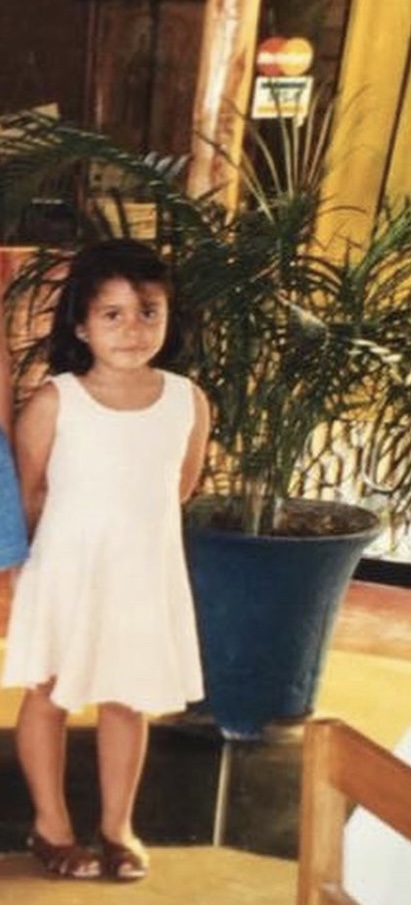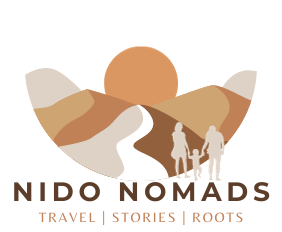I speak English with passion, it’s the tongue of my consciousness, a measure of my flawed assimilation.
Julia Alvarez – Bilingual Sestina
Assimilation as part of my story
I was reflecting today about how the things we hold closest to our essence never really go away. Things we may not even be able to name, articulate, touch. They grow in us and with time, when we least expect it, they flower. Some roots flower even without water.
When I moved to the United States, an elementary-school student, it wasn’t hard to adapt. I have talked about this many times. English came very easy to me, after about a year of stumbling through my sentences. Clothes and mannerisms became easier to replicate. There were things that were obviously not there, here, in Appalachia: my family, kissing people hello, talking for hours after a meal, walking everywhere, two parents who were comfortable and…happy. But it became really, really easy to bury down those pieces. Defense mechanism?

I started dating American boys in high school, into college, and I never thought of us as an interracial couple. By the time I met my husband, instead of feeling like we came from two different worlds, we bonded over the things that we grew up with – which were, believe it or not, very similar. I remember when I moved to California and took a job at a community clinic staffed and serving mostly Latino communities in the central coast, part of me felt like an outsider. It was strange, but I had grown so accustomed to Appalachian, mid-western culture that I no longer felt comforted by Spanish as a language or the kiss-hello. I remember that was the beginning of a big identity crisis for me.
But, all in all, I truly felt American. White, American. Culturally, I was from Huntington, West Virginia. Those pieces I had buried seemed dormant, although they would restlessly move inside me with the sound of a song, my grandmother’s voice over a Skype call, the smell of lomo saltado in the kitchen. Sometimes I think it was too sad to linger on how I’d gotten there.
Motherhood and the unearthing
And then, I became a mother. The most raw, humbling, miraculous, painful, intense experience of my life. The shake-up that shook what lay dormant right awake. Everything in me changed, but it wasn’t an unfamiliar place. I felt less and less American by the day. American parenting culture began to create an incredible amount of stress and anxiety in me – anxiety that medication eased and unraveling these feelings cured. I became irked with parenting norms that felt foreign to me. I became more and more enamored with the act of sitting with my parents hearing about stories about my grandmothers, my great-grandmothers, my aunts. A simple world where mothers birthed children into communities of reciprocity and love. A world I was born into but that didn’t exist anymore. I started to see my day-to-day struggles with my toddler through their eyes, the ancestral and innate need to slow the hell down, rest, be. I quit my full-time job, my husband too. We drew up plans to cultivate a reality that had been inside me forever – where we talk for hours after a meal, our mornings are slow, we prioritize time over money and rest over production.
The cons – as freelancers, we have a lot but not complete predictability of income. I have become more isolated from life here, because endless talks about the latest trend in modern American parenting regarding feeding, sleep schedules, discipline just do not align with what I seek anymore. What for 22 years was just another day in the United States has begun to fill me with emptiness.
It is lonely, unearthing what we bury.
The pros – a new found love of what was planted in me the day I was born: my culture, my ancestry, my family. Time with my son, with my husband, with myself. Living a motherhood that is more simple and beautiful. Time. Space. Dreaming.
The story continues
When I talk about leaving the United States, it doesn’t feel like immigration to another country per se. It feels like that little 8-year old girl never burying anything down. It feels like she gets to choose. It feels like the perfect continuation to this story. It doesn’t feel out of line or radical or even like an adventure. It feels like taking her hand and telling her to seek out a place where the quality of life is better, where people talk for hours after a meal, where they kiss hello, where the healthcare is free and the air is salty. Where guns in a school are as rare as bedtimes. This blog really began out of that need and each day I get closer to finding that place…and that makes me feel so grateful.
So yes, it is time. Time to plant roots somewhere else.
